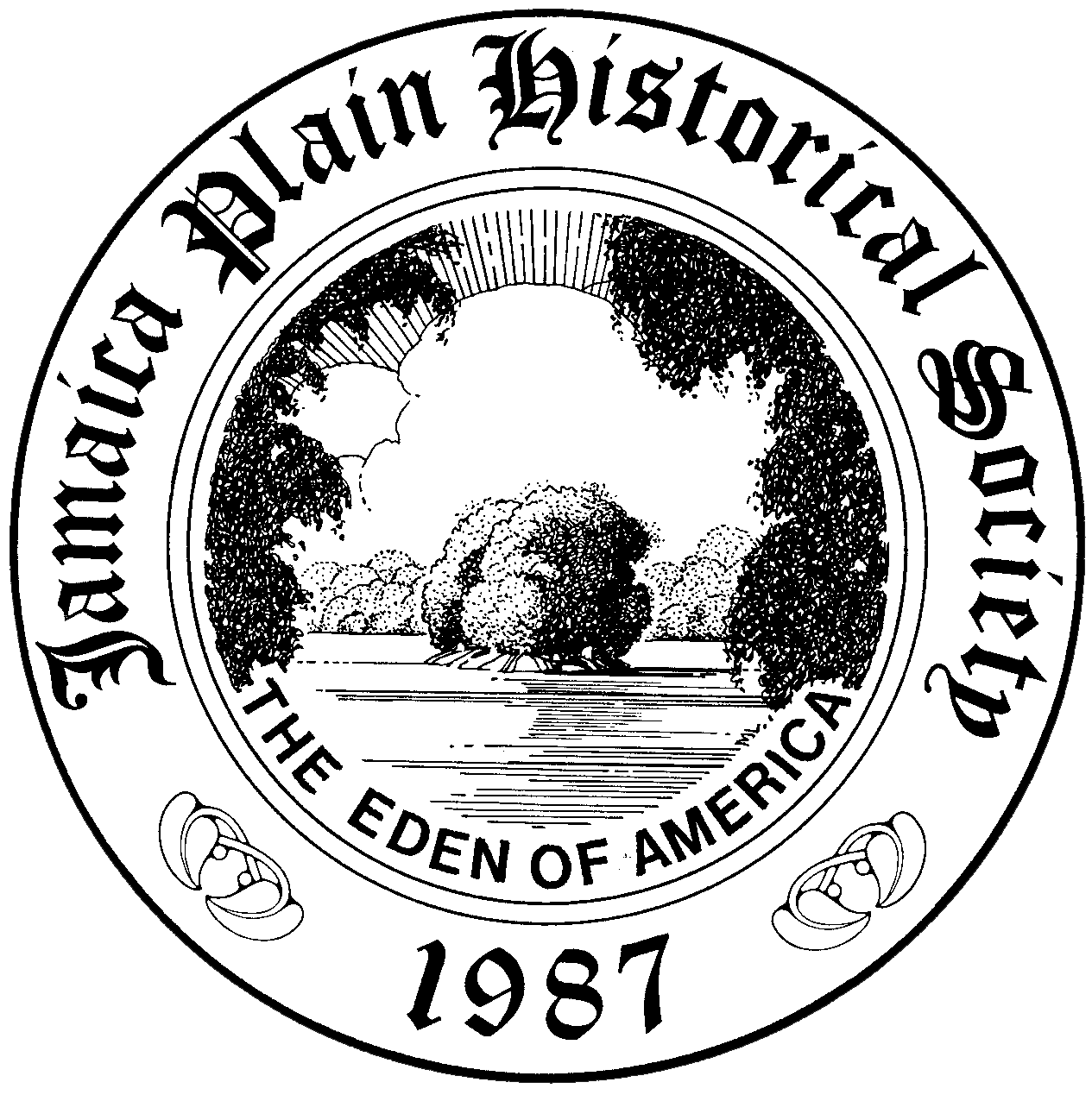Jamaica Plain in Colonial and Revolutionary Times
John Hancock, Courtesy Massachusetts Historical Society
An interesting address on “Jamaica Plain in Colonial and Revolutionary Times” was delivered by Frederic Gilbert Bauer yesterday to the Bostonian Society. Mr. Bauer remarked in opening that while the interest of many towns and cities was centered around stirring events which occurred in them, Jamaica Plain had no such incidents connected with her history. The Bunker Hills, the Concords and Lexingtons were few and far between, but Jamaica Plain was typical of the great majority of towns in the early history of the country at the time; it furnished men and money for the defense of the Colony and also in the war of the Revolution, and thus bore her part in the struggle for liberty and independence, though there was no battle nor bivouac within its borders.
The history of Jamaica Plain is incomplete, for it was not settled until the third quarter of the seventeenth century, and was never a separate municipality, the nearest approach to it being when West Roxbury was set off from Roxbury, three-fourths of a century after the Revolutionary War.
Mr. Bauer described many of the old buildings in the section which is now known as Jamaica Plain, and told various interesting anecdotes connected with them. Among them were the old Curtis House, the John Elliot estate – the most extensive in the district – the Holloway House and the Benjamin May House, which latter is still standing; Linden Hall, occupied for a while by Reverend John Palfrey, minister of King’s Chapel and the owner of a distillery, and the home of Sir Francis Bernard, Colonial Governor of Massachusetts from 1760 to 1769. A row of English Elms is still standing there, said to have been planted by Bernard, a tradition of one being that it grew to a circumference of more than 25 feet.
Mr. Bauer also told the story of the seizure by the Commander of a British man-of-war of John Hancock’s ship Liberty, with a portion of its cargo of rum, for an evasion of customs duties; of the Town Meeting which adjourned from Faneuil Hall to the Old South Church, with James Otis as Moderator; of the appointment of a committee with Otis at the head to visit Governor Bernard and remonstrate against the encroachment upon the liberties of Boston. Bernard was found at his Roxbury home and listened patiently, but his answer was noncommittal, for he dared not interfere with the authority of the King, under which the Commander of the English vessel acted.
He also described the supposed location of the old town pump, down at the end of a lane, where was found the residence of Commodore Loring; the residence of Benjamin Temple, on what is now Center St. and the Peacock Tavern, out on the Dedham road, for a while the home of Governor Adams.
John Hancock also lived in Jamaica Plain for a while, when he was Governor, and gave a clock and a bell to the house of worship erected by the Third Parish after its secession from the Second.
The interesting details of the separation were told rather minutely, and included the action of Benjamin Templeton, who was the most active factor in the movement, and whose wife, Susannah, induced him to erect the building, which has 24 square pews, and three long seats for the poor; and of Templeton’s gift of some $5000 to obtain the final consent of the Second Parish to the separation.
For a while only voluntary services were held, and the people had not only to support these but to pay their taxes to the Second Parish. Finally, when the Third Parish was formally organized, it called William Gordon, a non-conformist from England, as Pastor. He returned to England in 1777, and there wrote a history of the American Revolution, which was supposed to be the greatest mine of history that America had and was so regarded by Bancroft and others until long after it was found to have been plagiarized from an annual published in London.
On June 19, 1779, the Second and Third Parishes asked the General Court that they be set off from Roxbury as the town of “Washington”, but this was refused and it was not until 1851 that they were set off and the town of West Roxbury created.
Returning to the time of the Revolution Mr. Bauer said that each of the three Parishes sent a good quota into the field at the first alarm; that of the Third Parish being under Captain Lemuel Childs and Lieutenants Lemuel May and Isaac Williams, every man of this company of Minute Men serving the entire 15 days. Afterward, although not sending a large quota, the people of Jamaica Plain did their full share of duty in the war of the Revolution.
Published in the Boston Daily Globe on March 13, 1907

